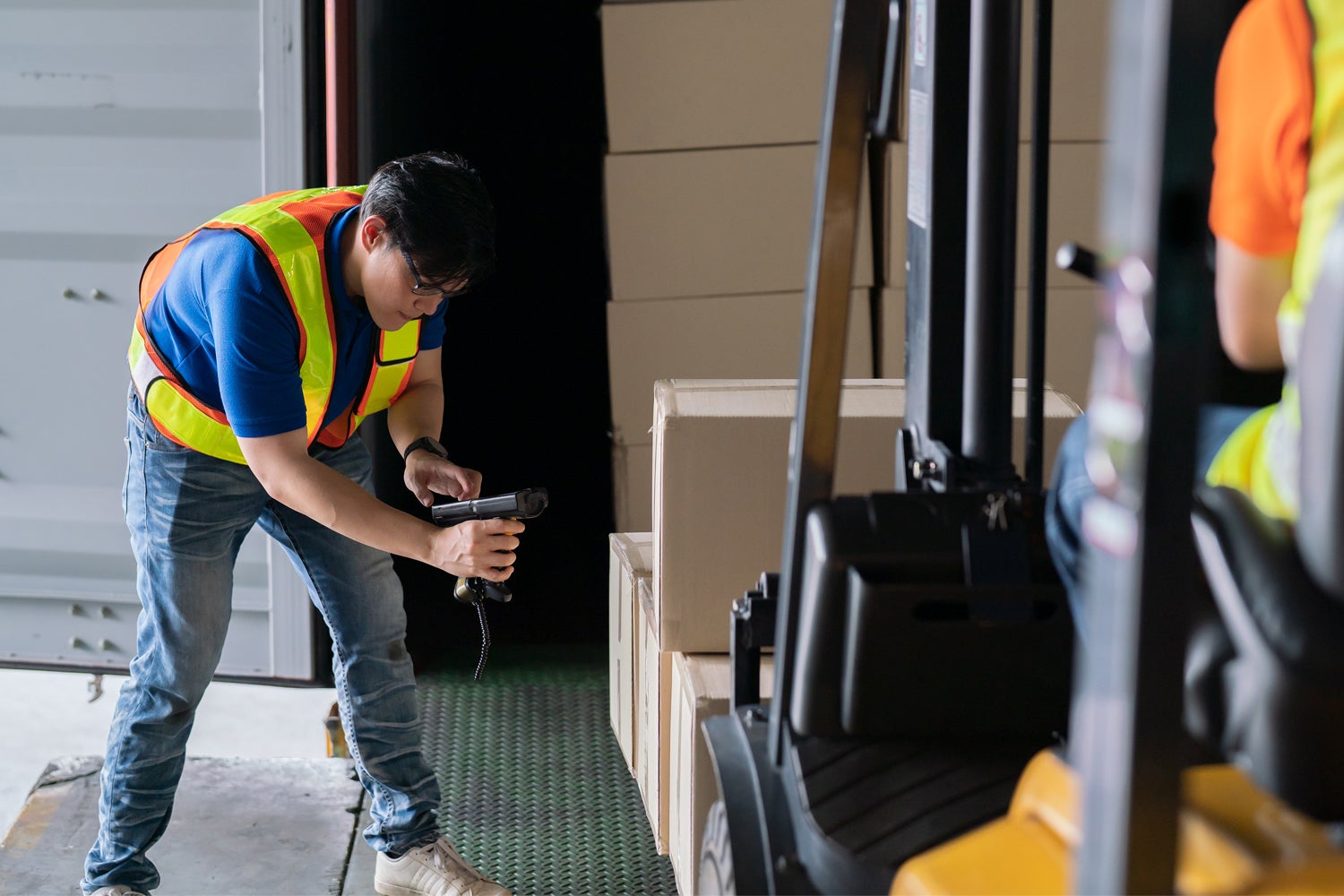In 2023, we’re seeing major shifts in how some EU countries are protecting consumers from non-compliant products and hazardous substances. Now more than ever, having defensible data about the parts and substances in your products is essential to accessing the EU market. Under the EU Market Surveillance Regulation (MSR) EU 2019/2020, countries are harmonizing and improving their processes for detecting non-compliance before it can even enter the market. France and Spain have recently rolled out stringent due diligence and inspection processes; This article will give you a high-level overview of these new requirements.
New Process for Importing Electronics Into Spain Comes Into Effect
Royal Decree 993/2022 entered into force on January 16, 2023, increasing enforcement of goods entering Spanish ports by checking shipments’ compliance with substance restrictions set out in the Restriction of Hazardous Substances (RoHS) Directive and the Batteries Directives (2006/66/EC), as well as importers’ compliance with the producer registration requirements under the Batteries and EU Waste Electrical and Electronic Equipment (WEEE) Directives (2012/19/EU).
Any electrical and electronic equipment (EEE) shipped into Spain will have to undergo a more rigorous process before entering the country. Because these restrictions only apply when goods are imported into the EU from a third country, the new process does not apply when goods are shipped between EU member states.
Manufacturers will now be expected to have more comprehensive product compliance data, including component data from the supply chain, for products they are importing into Spain, and shipments will undergo a higher level of scrutiny under an improved investigation process.
The importing business will need to notify the Spanish Official Export Inspection, Surveillance, and Regulation Service (SOIVRE) of the planned import, and will need to comply with SOIVRE investigation processes, which are based on a risk analysis. These can include one or more of the following:
- Documentation check
- Physical check of the product, including product labels or analytical test of the product
- Verification that the importer is registered in the national register for WEEE and battery take-back schemes
Importers will be required to provide physical access to the shipment and products, as well as access to any documentation necessary to demonstrate conformity with the regulations — namely, a complete RoHS technical file — in a language easily understood by SOIVRE. In addition, the Spanish Ministry of Industry, Trade, and Tourism published a notice informing businesses that there will eventually be an information management system available to transmit the required documents for customs clearance based on the RoHS Single Point of Entry, or PUE RoHS. Manufacturers are strongly encouraged to make sure they have the tools ready to interact with PUE, either through the usual service providers or with in-house developers who adapt the existing IT tools to be fully integrated with PUE.
If the product is found to be non-compliant in some way, it will not be permitted free circulation on the EU market, and the importer will be notified of the non-compliance reason. Goods can be resubmitted for inspection once the issue is rectified. In some cases, this is easier said than done: labeling issues are a minor fix, but if the product contains hazardous substances over the maximum permitted concentration levels then the offending part will need to be removed and replaced with a compliant part.
Having deeper insight into the compliance of all parts and components coming from your supply chain will be essential if you are serving the Spanish or greater EU market.
Learn more about the Market Surveillance Regulation and how it’s changing the enforcement landscape by downloading a copy of our whitepaper, The EU Market Surveillance Regulation & the New Enforcement Landscape.
New French Customs Requirement for REACH
The French Customs Authority created the following new duties and taxes paid (DTP) codes which, as of February 10, 2023, must be used on customs import declarations to indicate whether goods being imported comply with the substance restrictions in Annex XVII of REACH.
- Y106: Compliance with REACH restrictions set out in column 2 of Annex XVII of Regulation (EC) No 1907/2006
- Y110: Exemption from REACH restrictions under Article 67(1) and (2) of Regulation (EC) No 1907/2006
- Y113: Product not subject to the provisions of Regulation (EC) No. 1907/2006 (Annex XVII)
In order to use DTP code Y106 on a customs import declaration, manufacturers will need to collect data from their supply chain so they can have the correct documentary evidence to support their claim. Without engaging their suppliers and understanding the full material composition of their products, it is unlikely that manufacturers will be able to withstand any enhanced scrutiny that could be expected with the rollout of these new customs codes.
Assent can help companies overcome this challenge by providing the required proof of supply chain data collection on REACH Annex XVII in order to import their products into France with DTP code Y106.
Supply Chain Data Is the Core of Product Compliance
Both of these enforcement policy updates underscore the importance of engaging with your supply chain to gain deeper visibility into the parts that go into your product. You will need documented proof of your due diligence, and the ability to map substances back to all applicable regulations (RoHS, REACH, the Battery Directive, etc.).
These points make a holistic supply chain sustainability and compliance solution preferable to a point solution for any single regulation. When you focus on collecting deeper supply chain data for each of your products you’ll have access to the information you need to meet the increasingly complex demands of international and interconnected compliance requirements.
Assent helps you collect product compliance data from suppliers and identify compliance risks in your supply chain. To learn more about these new enforcement laws and how the Assent Supply Chain Sustainability Platform can protect your EU market access, contact us to schedule a demo and chat with one of our compliance experts.









